Open Science at the WIN
Contact Us
Email: win@uwo.ca
Tel: 519-661-2111 x82205
Western Institute for Neuroscience
Western Interdisciplinary Research Building,
Western University,
1151 Richmond Street,
London, Ontario N6A 3K7
Open Science Resources
What is Open Science?
Open science promotes transparency, collaboration, and reproducibility in research by making your work openly accessible to anyone, anywhere. It’s about sharing knowledge to accelerate discoveries and make research more inclusive.
How to Get Started
Open science can feel overwhelming, but it doesn’t have to be. Use these resources to incorporate open science at every stage of your research journey. If you are new to open science, see Getting Started with Open Science below. If you need help with open science implementation, email us at WINopenscience@uwo.ca.

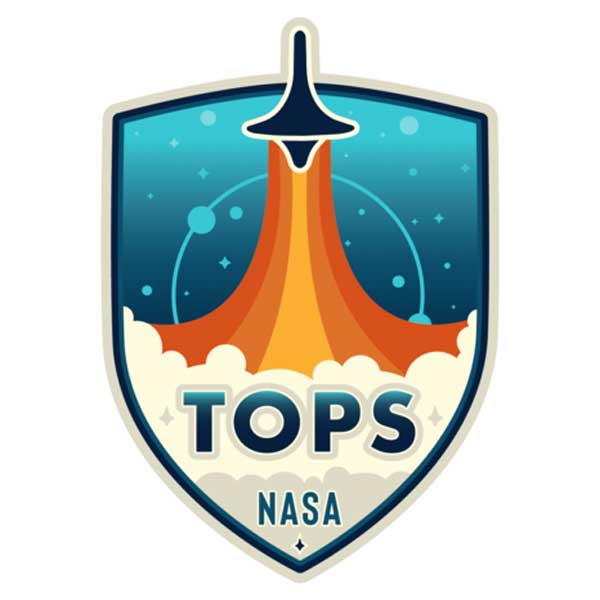


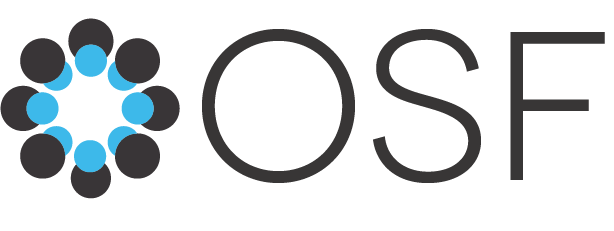


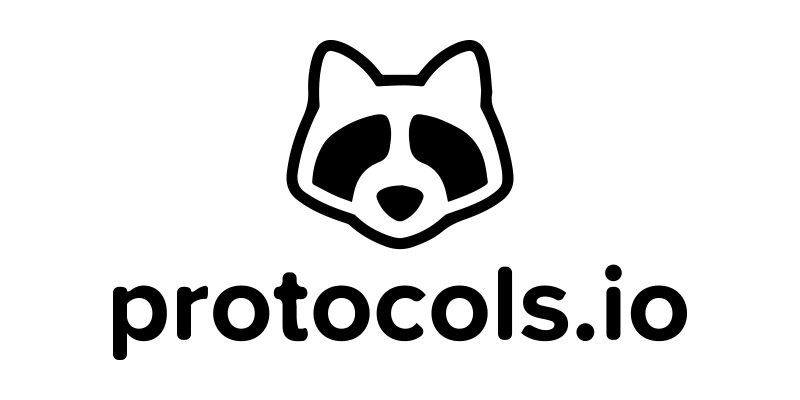


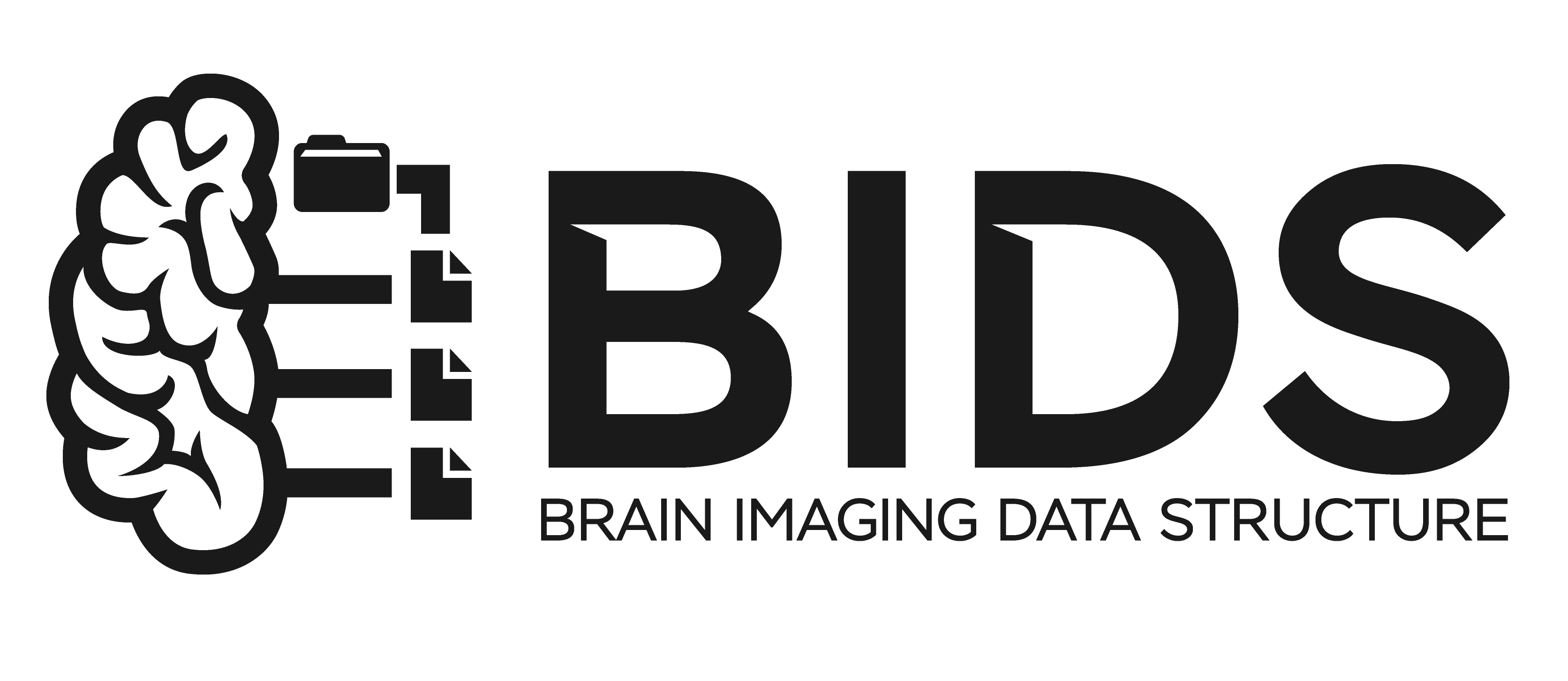



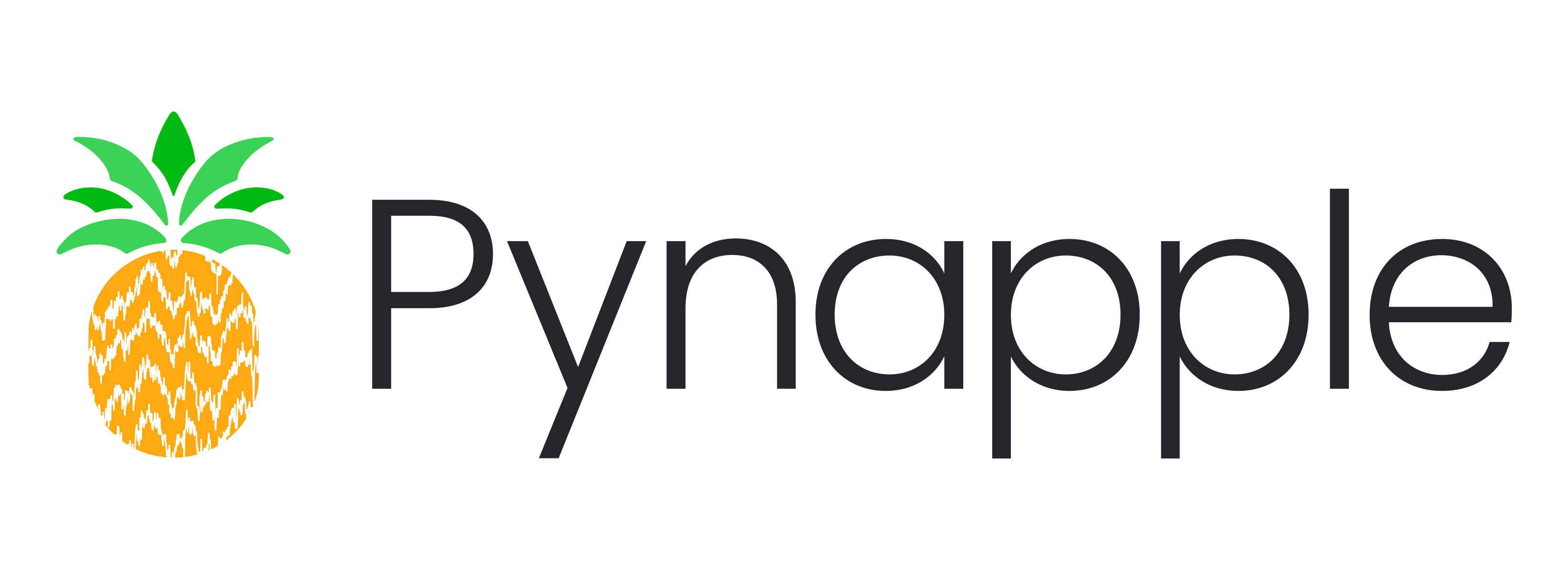

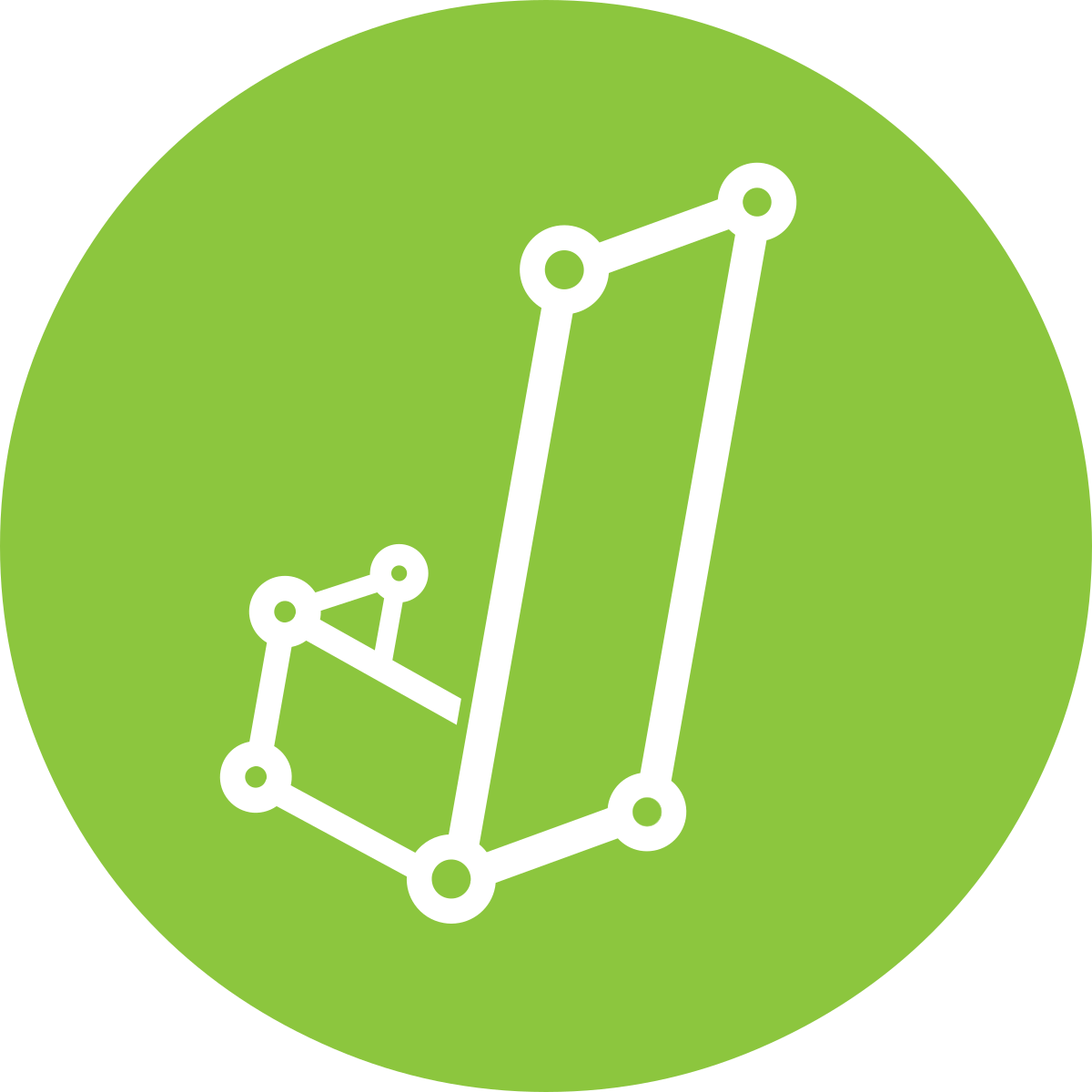



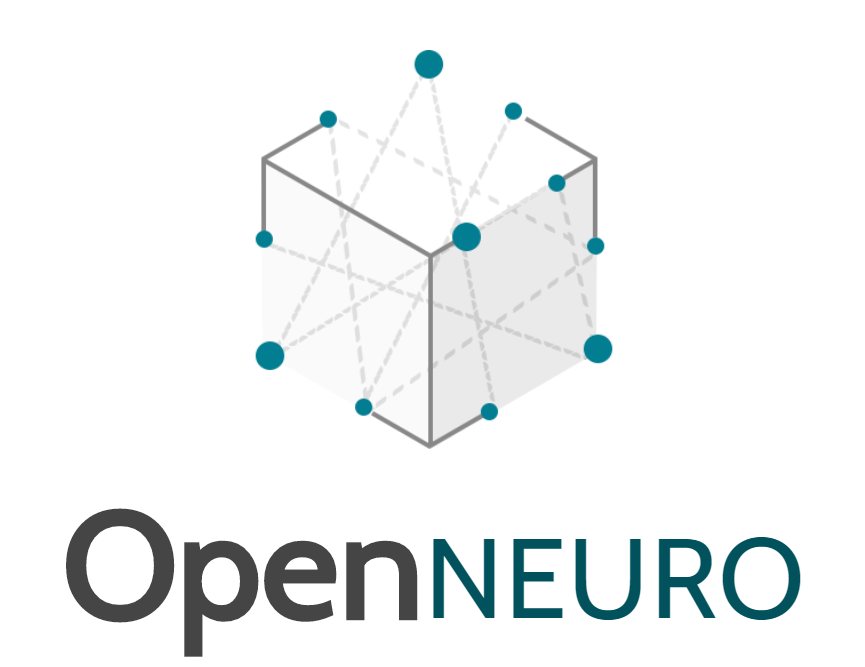




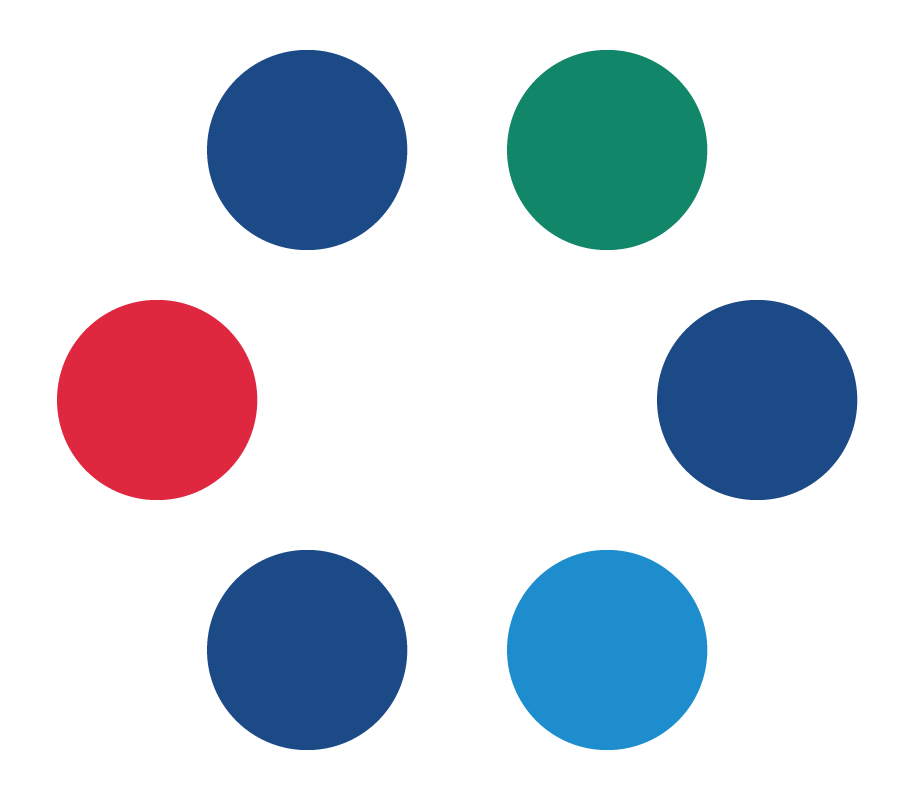
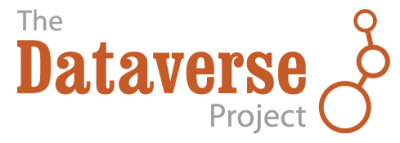




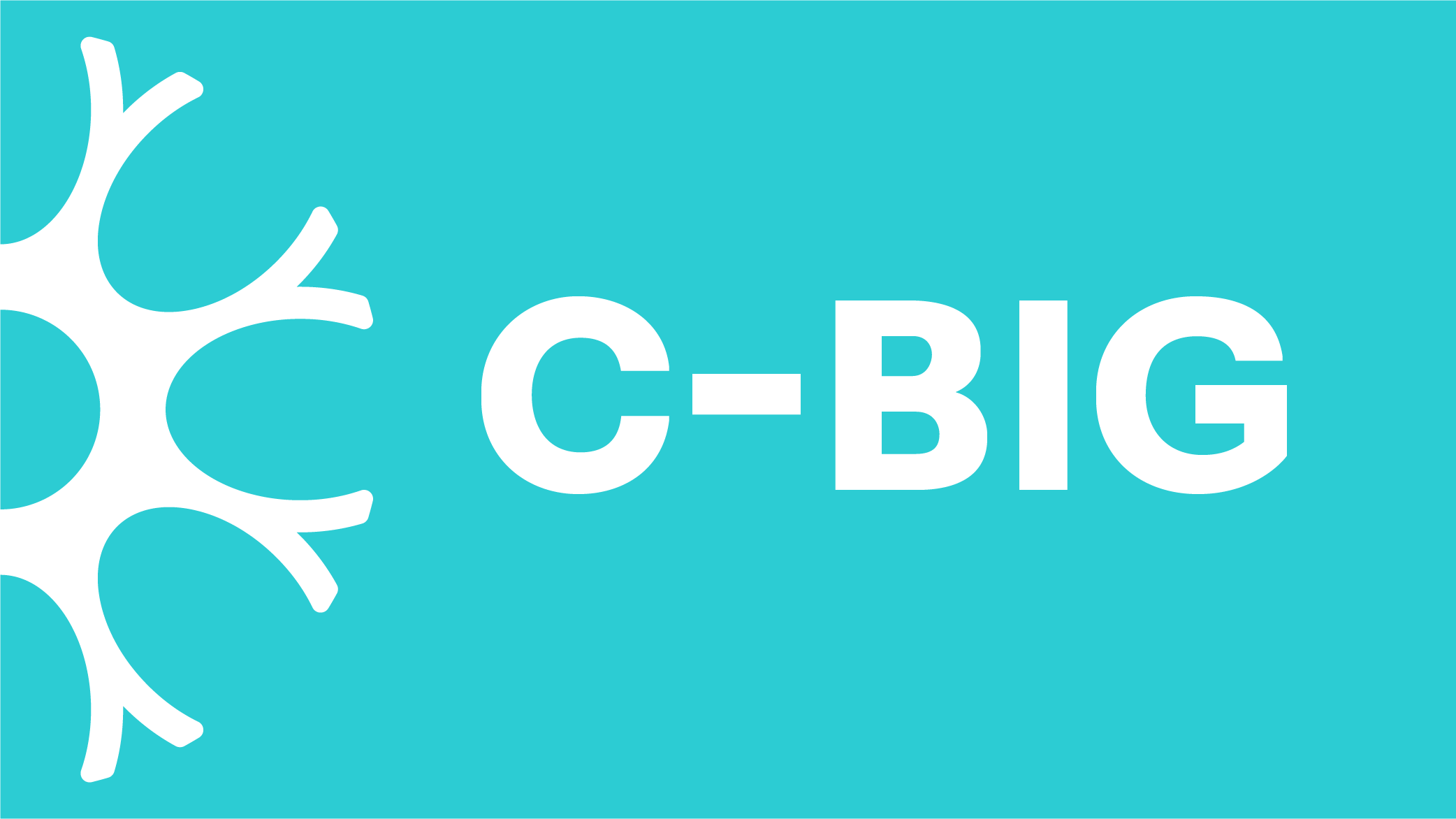

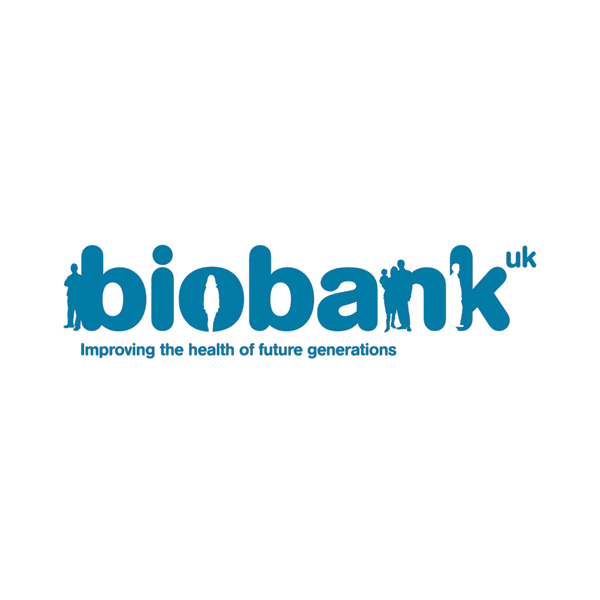
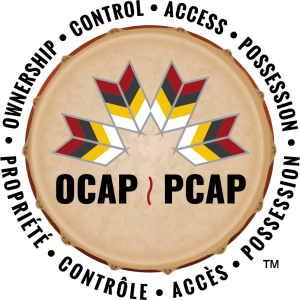



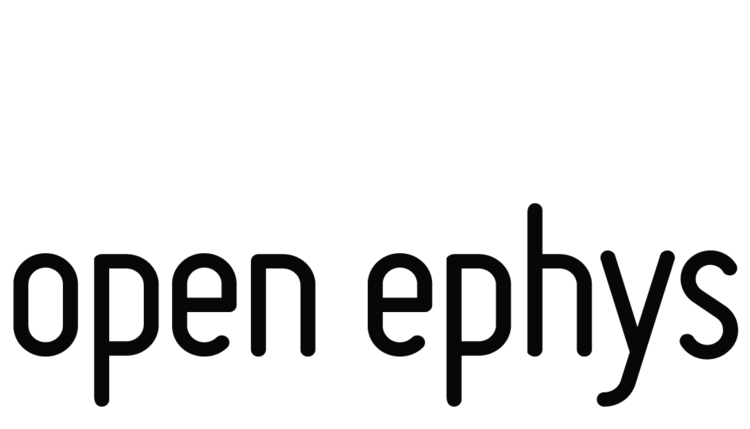

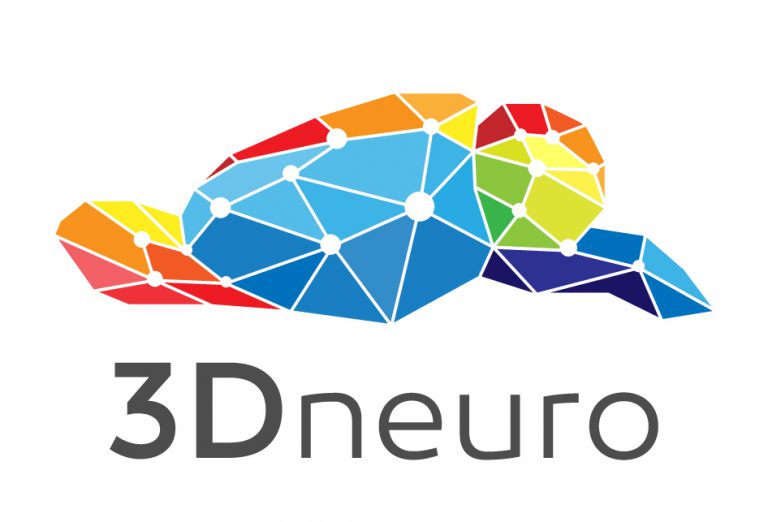





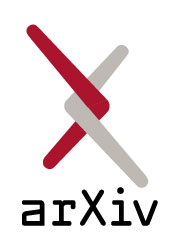
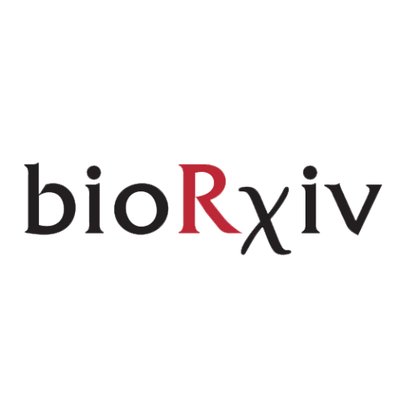
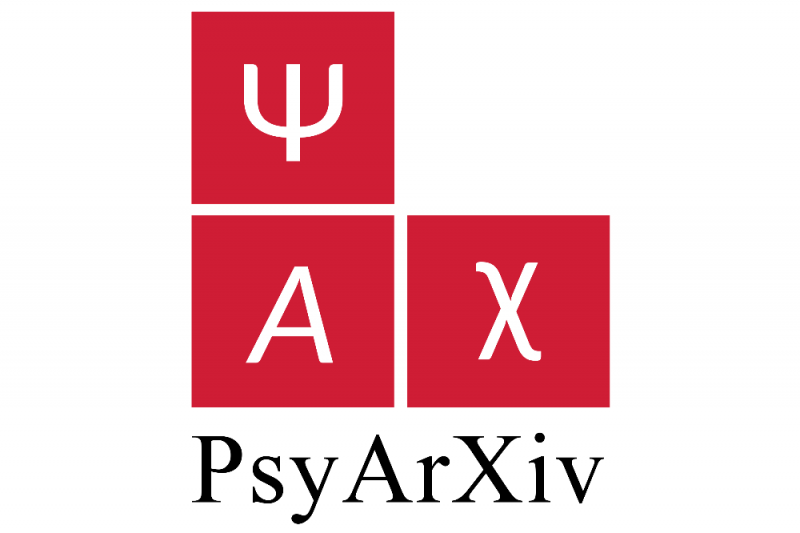
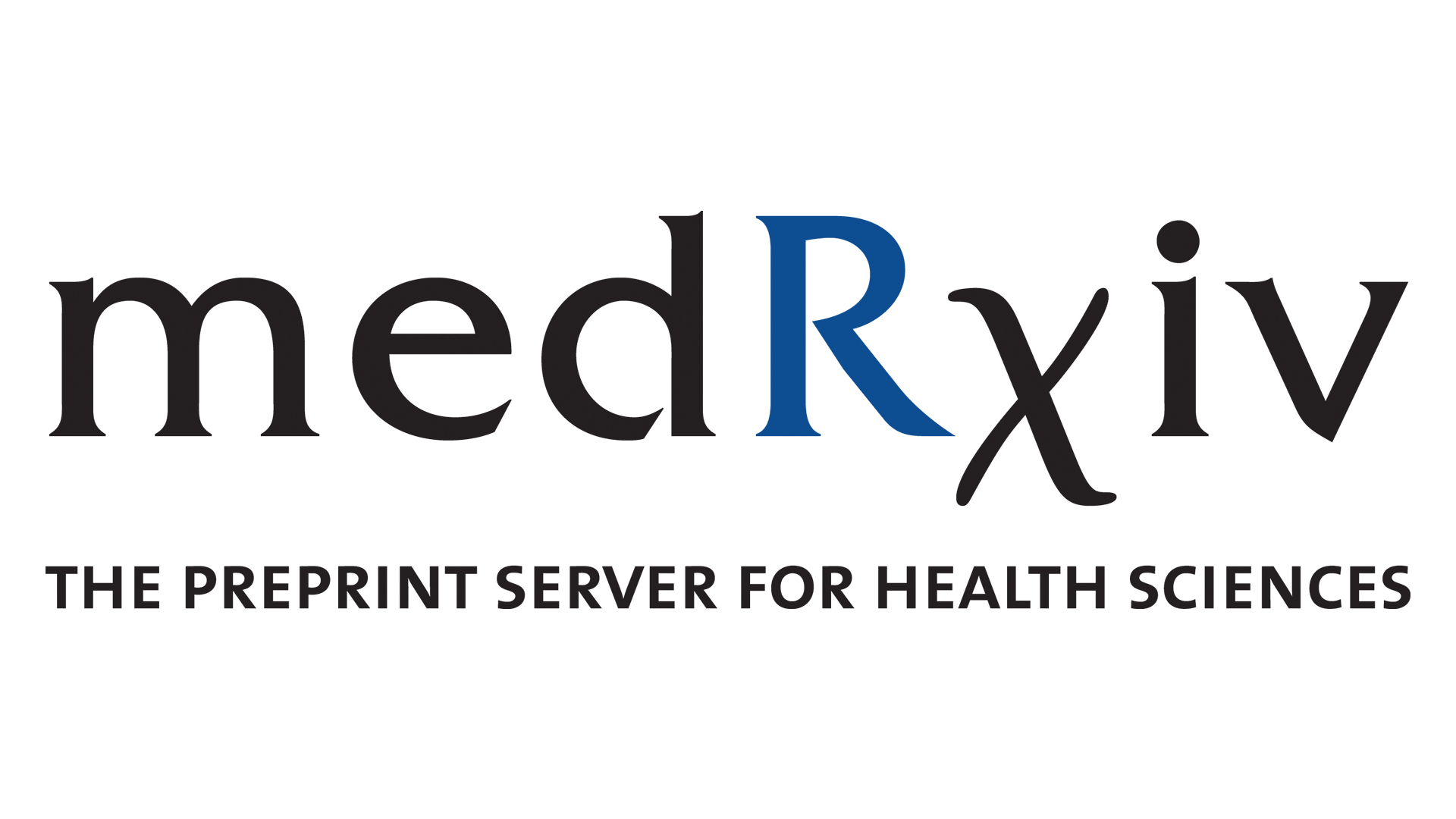



Incorporating open science wording into grant applications can demonstrate your commitment to transparency, reproducibility, and broad dissemination of research findings.

